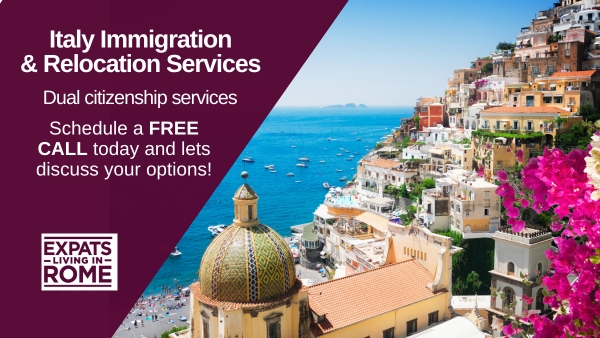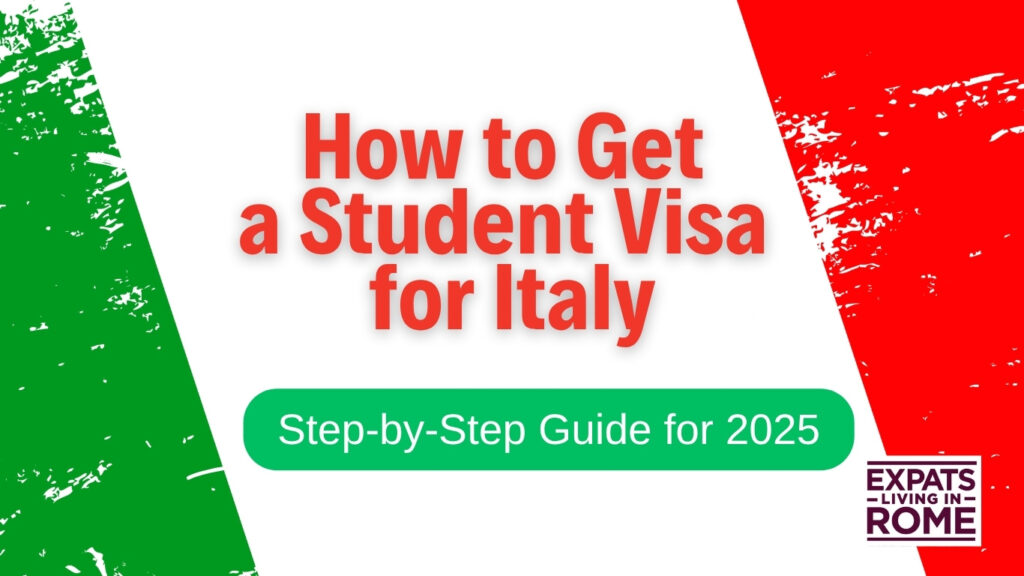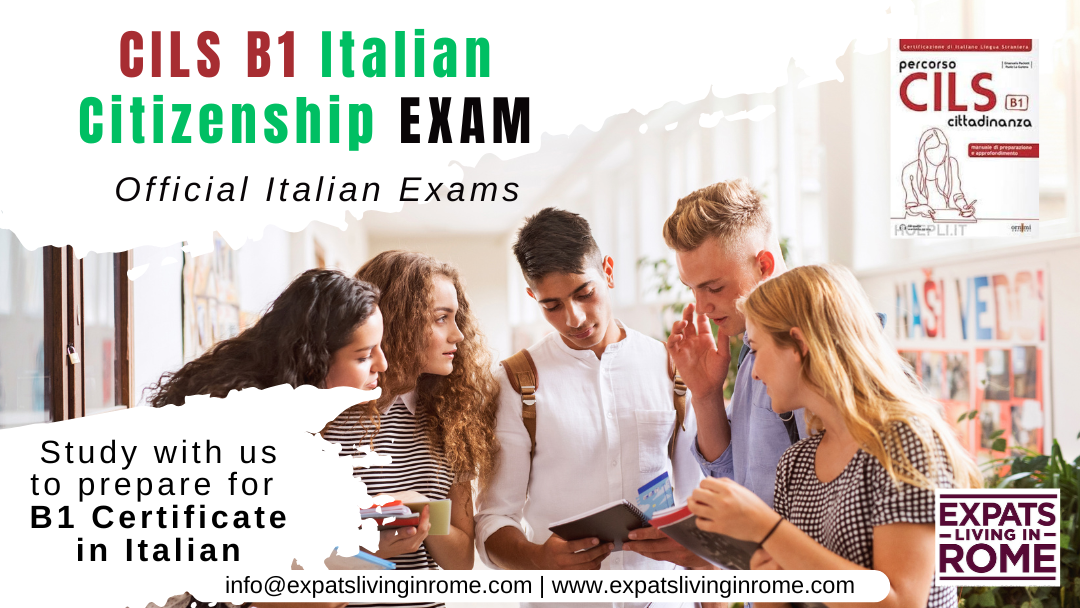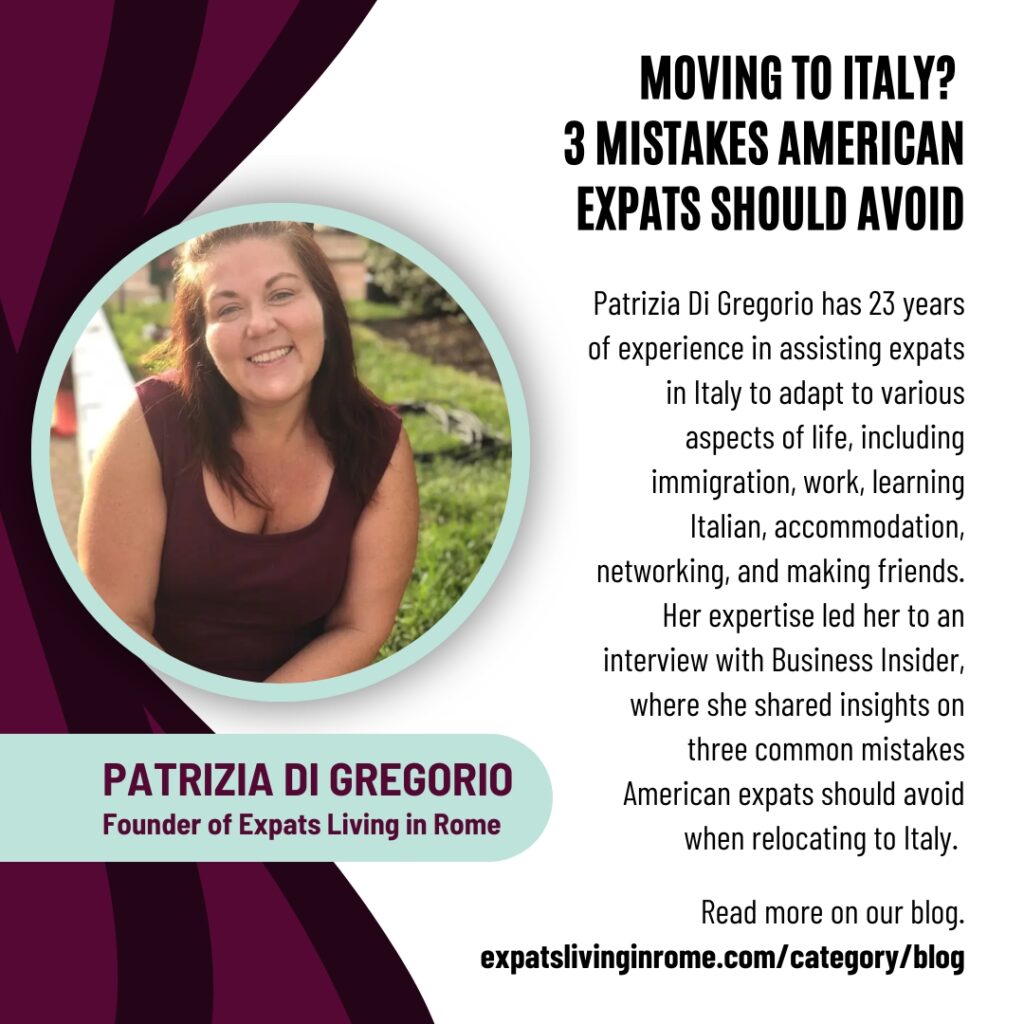What is the Elective Residency Visa (ERV)?
by Adriana ruiz
What is the Elective Residency Visa?
The Elective Residency Visa is a type of long-term visa that allows non-EU citizens to live in Italy without engaging in any form of employment or business activities. This visa is particularly popular among retirees and individuals with substantial passive income sources, such as pensions, investments, or savings. The key requirement is that applicants must demonstrate they have sufficient financial resources to support themselves and any dependents.
To obtain an elective visa in Italy, applicants must fulfill certain requirements. These requirements may vary depending on the specific region or consulate where the application is submitted. However, there are some general criteria that applicants should be aware of:
✅ Financial Independence: Applicants must demonstrate that they have sufficient financial resources to support themselves during their stay in Italy. This can include regular income, pensions, investments, or any other means that provide a stable source of funds.
✅ Health Insurance: It is mandatory for applicants to have health insurance coverage that is valid in Italy. This ensures that they have access to necessary medical services during their stay.
✅ Accommodation: Applicants must provide proof of suitable accommodation in Italy, such as a rental agreement or property ownership documents. This ensures that they have a place to reside while living in the country.
✅ Clean Criminal Record: Applicants must provide a certificate or declaration of their criminal record from their home country, confirming that they do not have any convictions that could pose a threat to public order and security in Italy.
Once the necessary documentation is gathered, applicants can submit their application to the Italian embassy or consulate in their home country or the country where they are legally residing. The application process typically involves completing the required forms, providing the supporting documents, and attending an interview, if requested.
After Arrival in Italy
Upon arrival in Italy, visa holders must apply for a residence permit (Permesso di Soggiorno) within eight days. This permit allows them to stay in Italy for longer than 90 days and must be renewed periodically.
Benefits of the Elective Residency Visa
One of the key benefits of obtaining an Elective Residency Visa in Italy is the opportunity to enjoy the country’s rich cultural heritage and way of life. Italy offers a vibrant and diverse environment, with its historical sites, art, music, and culinary traditions. Living in Italy allows individuals to explore the country’s iconic cities like Rome, Florence, and Venice, as well as its charming villages nestled in the countryside.
Moreover, the Elective Residency Visa provides individuals with the chance to integrate into the local community, learn the Italian language, and forge meaningful connections with locals and fellow expatriates. It opens doors to participating in cultural events, joining clubs or organizations, and embracing the Italian lifestyle to its fullest.
Additionally, Italy’s strategic location within Europe offers convenient access to other European countries. With Italy being part of the Schengen Area, visa holders can travel freely within the 26 Schengen countries, making it an ideal base for exploring the wider European continent.
It is important to note that the Elective Residency Visa does not grant individuals the right to work or engage in any business activities in Italy. However, if individuals decide to pursue employment or start a business, they can explore other visa options that cater specifically to those purposes.
In conclusion, the Elective Residency Visa in Italy presents an enticing opportunity for individuals who wish to indulge in the beauty, culture, and lifestyle of this remarkable country. By fulfilling the necessary requirements and embarking on the application process, individuals can pave the way to a fulfilling and enriching experience, living la dolce vita in the heart of Italy.
Read more:
How to Benefit from Italy’s 7% Tax Rate for Foreign Pensioners
The Best Cities to Retire in Italy
12 Captivating Small Towns in Italy with Populations Under 10,000
Stay informed on the latest immigration updates in Italy and community resources—subscribe to our newsletter.

Single Female Travelers in Italy: Practical, confident, and connected
Rome rewards curiosity and courage. This guide offers grounded tips, cultural insight, and community support so you can explore with confidence—day and night, solo and on your own terms. Start with confidence “Solo doesn’t mean alone.” In Rome, you’ll find friendly locals, layered history, and a vibrant expat network. A little preparation goes a long […]
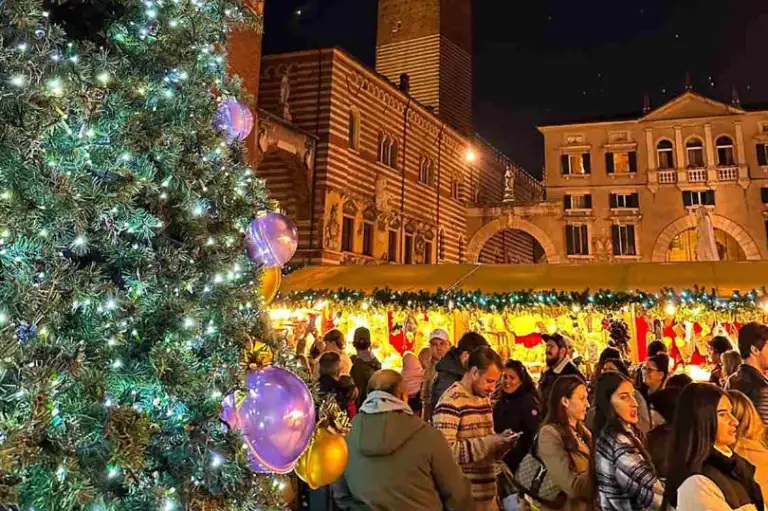
Christmas in Italy 2025: A Magical Season for Expats Across Italy
Christmas in Italy isn’t just a holiday — it’s a season full of history, flavor, celebration, and heartfelt traditions that bring families, towns, and entire regions to life. Whether you’re an expat experiencing your first Italian Christmas or a returning fan of the magic, 2025 promises some beautiful celebrations across the country. Here’s what to […]

Tax Residency Incentives in Italy — Your Guide (2025)
Italy offers several tax incentives designed to attract retirees, entrepreneurs, high-net-worth individuals and remote workers. These regimes can be extremely generous — but they are complex and often conditional. This guide explains the main options in 2025, who qualifies, and how we can help you plan a compliant move. Why Italy Offers Tax Incentives Italy […]

Navigating Healthcare in Rome: A Guide for Expats with English-Speaking Doctors
Moving abroad is exciting, that is until real life hits. I came to Italy from Alaska in 2021 for what was supposed to be a four-month study program in Florence. Four years later, I’m still here, now living and working in Rome. When we plan our dolce vita, we think about pasta, museums filled […]

Major Tax Incentives for Home Renovation in Italy (2024-2033)
Taxpayers carrying out renovation work on residential buildings and common areas of residential complexes in Italy are entitled to claim significant tax relief. This benefit allows individuals to deduct a portion of the expenses incurred from their Italian personal income tax (Irpef). This article outlines the rules, beneficiaries, and changing deduction rates for these home […]
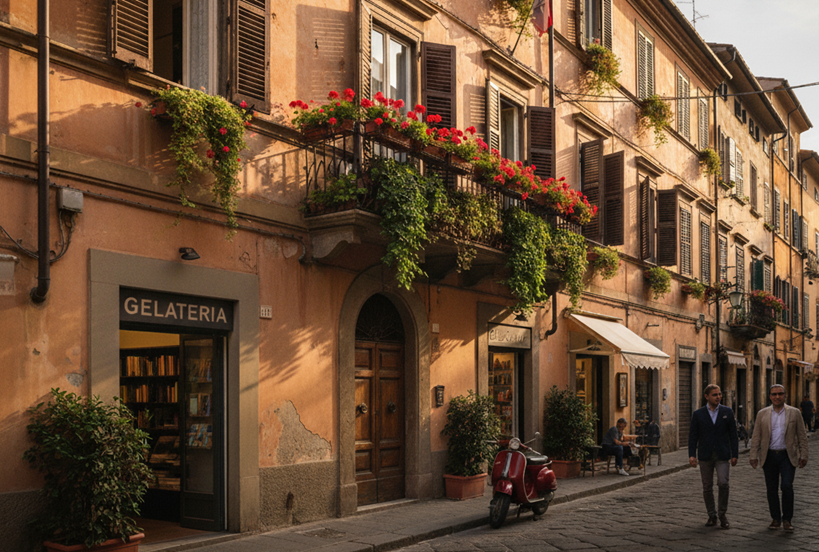
How to Save on Taxes When Buying Your First Home in Italy
Buying a first home in Italy comes with significant tax benefits and incentives designed to make property ownership more accessible. Whether you are an Italian national or a foreigner, understanding these advantages can translate into substantial savings on your property purchase. The “Prima Casa” regime is essentially a set of tax reliefs applicable to the […]

Bringing Your Family to Italy: A Guide for Non-EU Citizens
For non-EU citizens residing in Italy, having your family with you is a tangible goal. Italian law provides a framework for family reunification, allowing you to bring close relatives to live with you under specific conditions. This guide outlines the key requirements, procedures, and rights to help you navigate the process. Who Can Apply for […]

How to Become a Self-Employed Worker in Italy
Are you a non-EU citizen wishing to work as a self-employed worker in Italy? This guide explains the conditions you must meet, the procedures to follow, and the rights you can enjoy during your stay. Conditions for Self-Employment To legally engage in independent work in Italy, non-EU citizens must satisfy several conditions and obtain the […]
